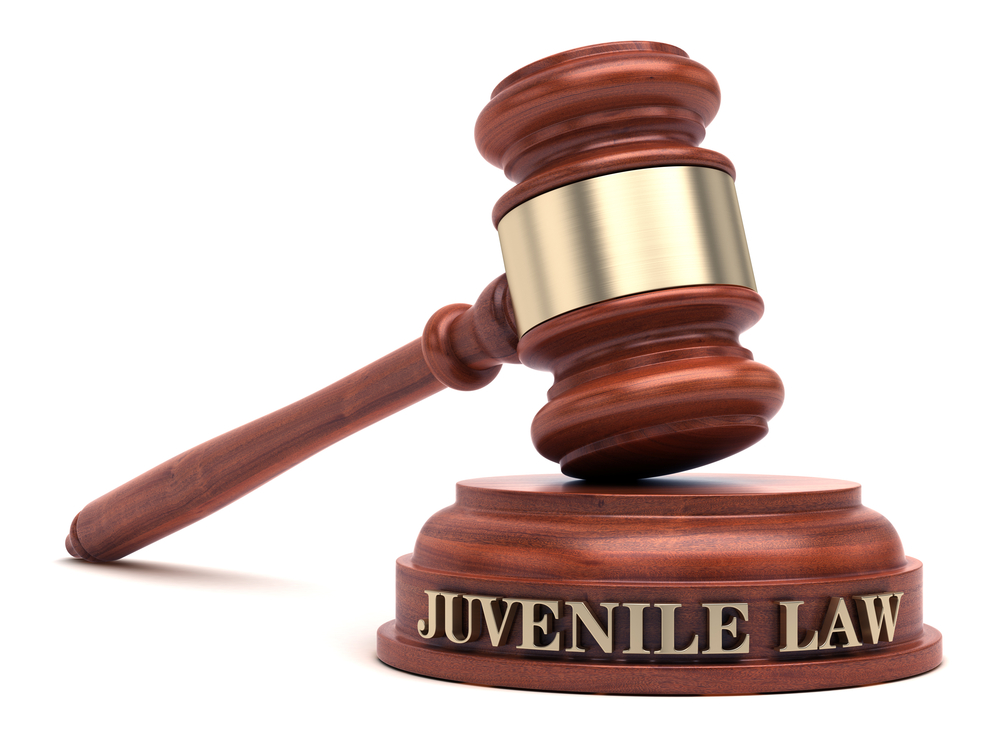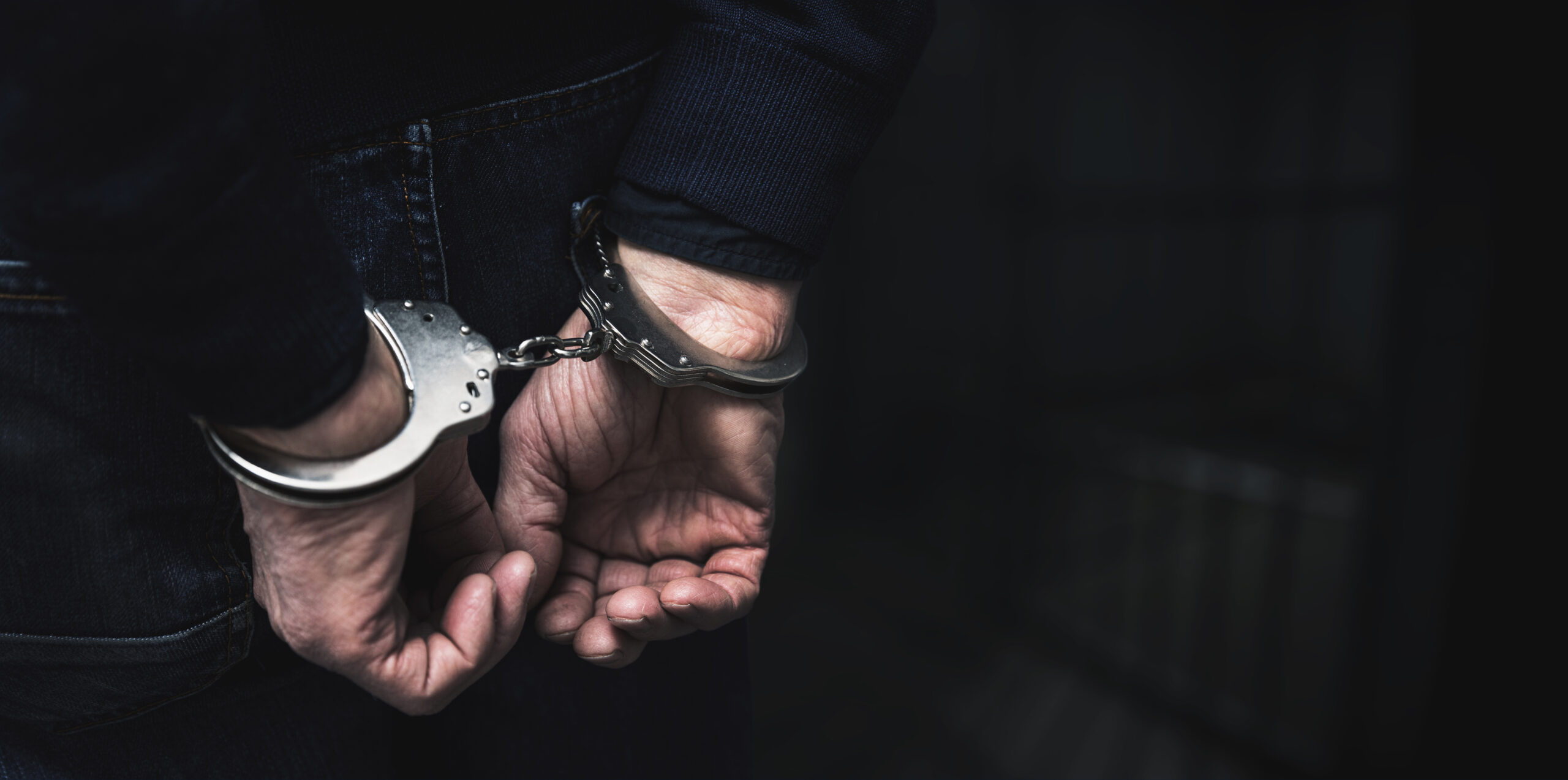No parent wants to hear that the police have arrested their child. But if this does happen, the parents and the child need to know their rights. There are specific rights a juvenile has in Pennsylvania:
- The right to call a parent, guardian, or attorney
- The right to an attorney
- The right to remain silent
- The right to education and medical care
- The right to a safe and clean residential facility
Rights a Juvenile Has After Being Arrested
The Right to Call a Parent, Guardian, or Attorney
Every juvenile who has been arrested has the right to a phone call. They can use this call to contact their parent or guardian or an attorney.
The Right to Legal Representation
All juveniles who have been detained by law enforcement have the right to an attorney. Whenever the court sends a summons for a child to appear in court, it must inform the child of his right to an attorney.
If the court considers a child indigent, the court will provide an attorney to represent the child. The defense attorney’s job is to represent the child’s rights. The defense attorney cannot share information with parents that the child does not want to share.
The Right to Remain Silent
As said in the Miranda warning, juveniles have the right to remain silent. Law enforcement must read juveniles their Miranda rights before interrogating them. If they do not, any information they learn may be inadmissible.
Rights a Juvenile Has While Being Kept in a Residential Facility
The Right to an Education and Medical Care
Juveniles in the justice system have the right to receive a free public education even if they are in residential placement. If the juvenile has learning disabilities or medical needs, the court must make accommodations to meet the needs of the child.
Children in the juvenile system also have the right to appropriate medical care. Parents maintain the right to consent to medical treatment until the child is 18 years old. At age 14, children can consent to mental health treatment. At any age, children may consent to treatment for substance abuse.
The Right to Reside in a Safe, Clean Space
The Pennsylvania Department of Public Welfare has regulations in place to protect the safety and welfare of juveniles in residential facilities. There are standards for the condition of the facility, the care of juveniles, discipline methods, communication with families, and more. Parents and juveniles have the right to file a grievance if there is a problem with the facility.
The Rights of Children Charged as Adults
In Pennsylvania, if a juvenile is accused of murder, the court charges the child as an adult. The court will also charge a juvenile as an adult if they used a deadly weapon or were previously adjudicated for certain violent crimes such as rape, aggravated assault, or robbery.
In this situation, a child has the same rights as an adult.
These rights include:
- The right to an attorney
- The right to a jury trial
- The right to remain silent
Rights Juveniles Do Not Have in Pennsylvania
No Right to Jury Trial
Juveniles do not have the right to a jury trial in Pennsylvania. Instead a judge or Hearing Master will determine whether the juvenile has committed the offense the state has accused him of. The prosecution still has the burden of proving the juvenile is guilty beyond a reasonable doubt.
No Right to Have Parents Present During Questioning
While most people think this is a right all juveniles are guaranteed, it is not. However, a juvenile can refuse to answer any questions without a parent present.
Seek the Advice of a Juvenile Criminal Defense Lawyer
The juvenile justice system in Pennsylvania is different from the adult justice system. Instead of punishing the offender, the focus is on correcting the negative behavior and keeping children out of the adult justice system when they are older.
When a child is arrested, it is important for parents and children to know their rights. The role of a juvenile criminal defense lawyer is to protect the child’s rights and fight for what is best for the child. Most parents want their children to learn from their mistakes but do not want the penalties to outweigh the crime or put a damper on their child’s future.
Many criminal defense lawyers do not routinely handle juvenile criminal cases. The McKenzie Law Firm, P.C. has years of experience handling all types juvenile cases. We would be happy to speak with you and answer any questions you may have.
Call us today for a free case evaluation: 610-680-7842.




